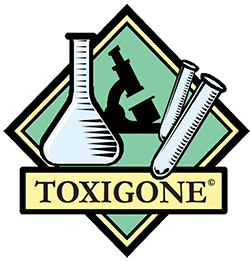We have the availability to run standard blood work tests and specialty tests. The tests listed on this site are less typical, but they are by no means inclusive of specialty tests as there are tests for most substances available. If you have more questions please contact our office.
Metals testing-
There are a number of ways to test metals. Toxic metals are very important to test for and essential minerals are helpful to establish deficiencies that need to be built up before toxic metals are removed. It is good to establish a baseline before treatment and to track progress over time.
Urine-
This is a very reliable testing method and involves either non-provoked or provoked testing. Non-provoked is urinating for a timed period and then sending the sample to see what the body is moving out on its own. Provoked involves using some kind of agent either with an IV, orally, suppository or via injection prior to urination and then collecting urine for a timed period. Provoking typically shows a higher amount of toxic metals, but depending on what agents are used different metals can be shown to be higher.
Hair-
Hair testing is a painless and simple test that is easy to perform on children and is a good test to use when urine testing is impractical. However, one disadvantage of hair testing is that it will only relay levels of methyl mercury (organic) and does not measure other forms of mercury.
Stool-
Stool testing is a reliable method to see what metals the body is clearing. The stool test is good for those that cannot do other methods and it is a way to show what is going through the digestion. What a person is eating or taking as a supplement must be accounted for because metal levels will correlate to what is ingested.
